Gaza, MINA – The electricity crisis has lasted for 18 years in the region of Gaza, Palestine. It has given negative impact to metal health for many people living in the coastal region, a recent research found.
The researchers found higher level of anxiety and depression occurred in people who constantly experienced a lack of electricity. The study suggested the peopple’s sense of well-being increases as access to reliable energy source.
“A high percentage of Gaza citizens who experience a lack of electricity, experience axienty and depression,” the study said, as quoted from The New Arab on Tuesday.
The study surveyed around 350 families living in coastal areas, 81 of whom lived with frequently interrupted electricity supplies.
Also Read: Israeli Rabbinate Bans Reserve Soldiers From Carrying Weapons Amid Spike in Suicides
“About 93 percent of respondents thought they suffered from moderate-severe or severe anxiety, compared with six percent of the general population in the West Bank,” the study said.
The study added that 44 percent of families said they suffered from moderate-severe or severe depression, compared with 5.6 percent in the general population.
“We found electricity problems, especially when combined with other stress factors associated with living in Gaza, lead to serious mental health problems,” said co-author Raya al-Dadah, from the University of Birmingham, in a press statement.
Al-Dadah stressed “attention must be paid to developing sustainable, reliable and affordable energy supplies for short and long term community health and development.”
Also Read: Ultra-Orthodox Parties Accuse Netanyahu of Deliberately Delaying Military Exemption Bill
“Unfortunately, frequently interrupted access to electricity can impact social networks and communities in many ways, including reducing people’s opportunities to learn or access functional health services,” said Mazen Abu Qamar, a Gaza-based psychologist and one of the study’s authors.
“It is vital for Gazans to have access to reliable, non-polluting, affordable energy that can support jobs, drive economic development and help overcome poverty,” he said.
In 2006, the only power plant during the summer was the target of Israeli bombing after Israeli soldier Gilad Shalit was captured, and all projects related to solving the electricity crisis were abandoned.
Since then, Gaza residents have frequently experienced power outages. Coastal areas, home to more than 2.3 million people, require about 500 megawatts daily. It receives 120 megawatts from Israel while its only power plant produces only 60 megawatts, according to officials in the region.
Also Read: UN Satellite Report Reveals 81% of Gaza Strip Structures Damaged
As a result, local residents receive electricity for up to eight hours a day, whereas in summer and winter there will be power cuts for 12 hours a day.
Many residents of the Gaza Strip are forced to buy electricity from private generators set up by investment companies and spread across the region. The exorbitant price reaches around eight times the regular price.
Insufficient electricity supplies have existed in the Gaza Strip for decades, according to the UN Office for the Coordination of Humanitarian Affairs.
The energy crisis pushed the region to the brink of disaster with devastating impacts on health, water and sanitation. (T/RE1/P2)
Also Read: Israeli Drone Attack Injures Three Girls at Wedding in Gaza
Mi’raj News Agency (MINA)
Also Read: Three Palestinians, Including a Woman, Killed in Israeli Airstrike on Rafah






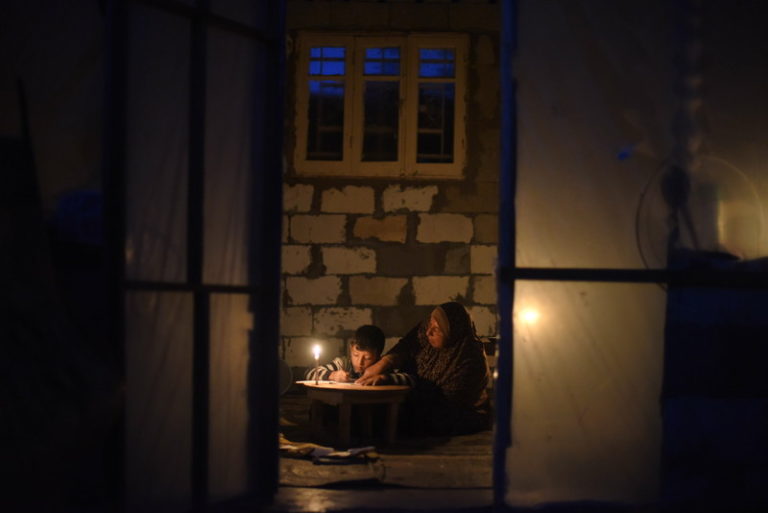







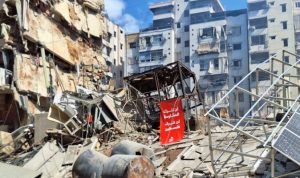

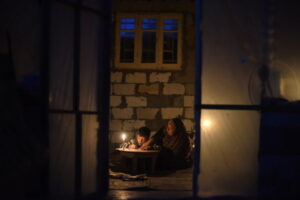
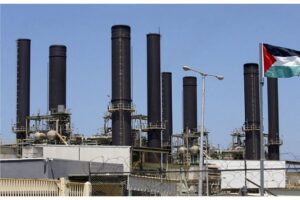




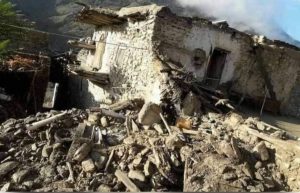








 Mina Indonesia
Mina Indonesia Mina Arabic
Mina Arabic